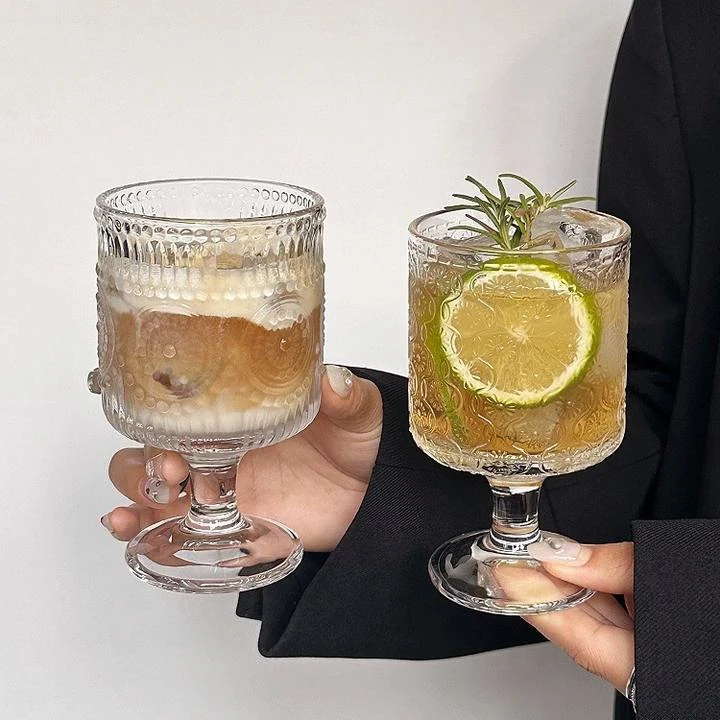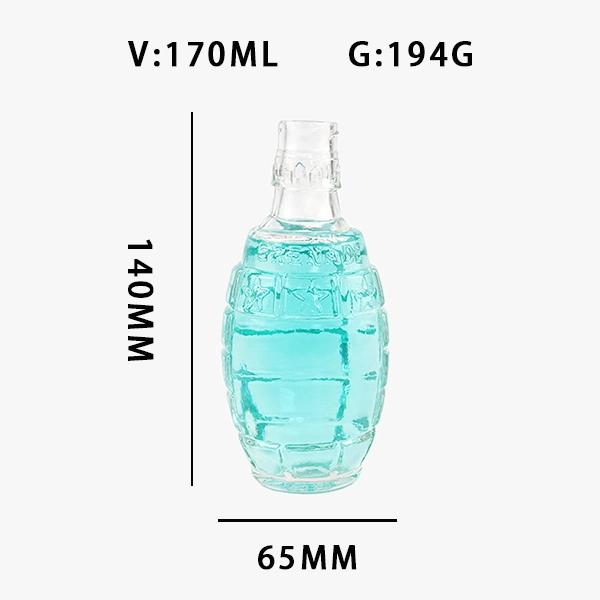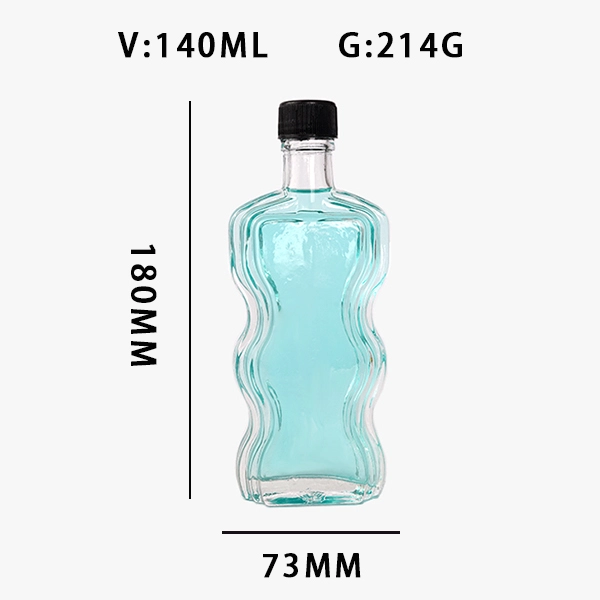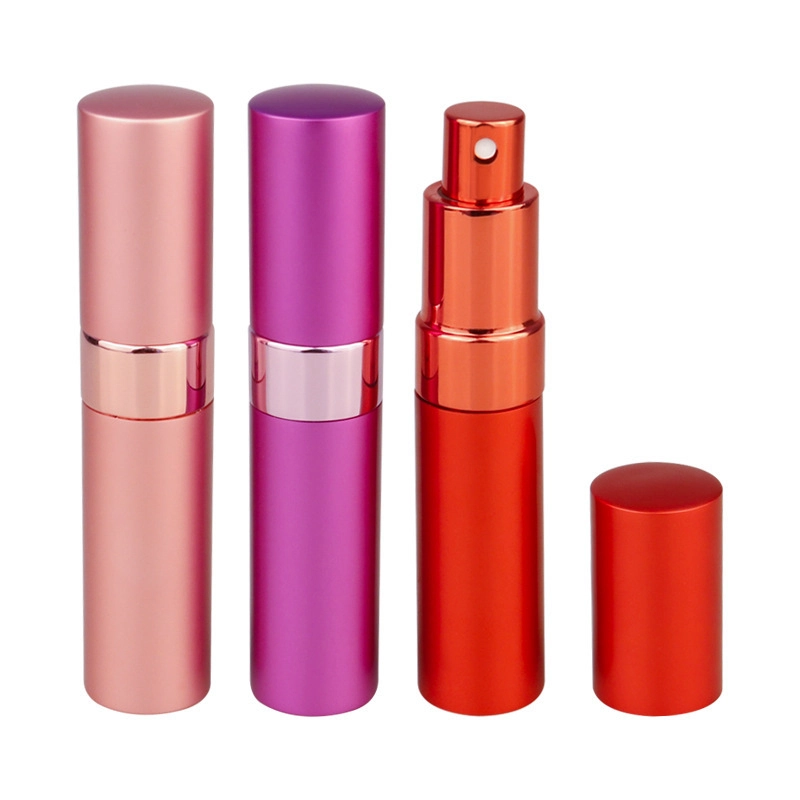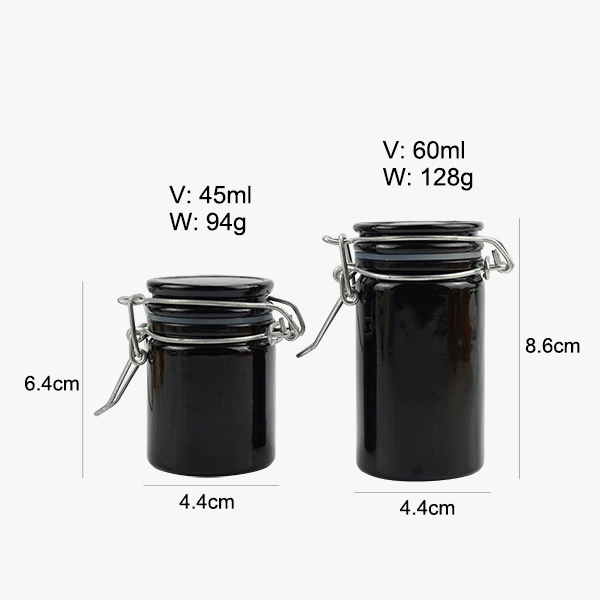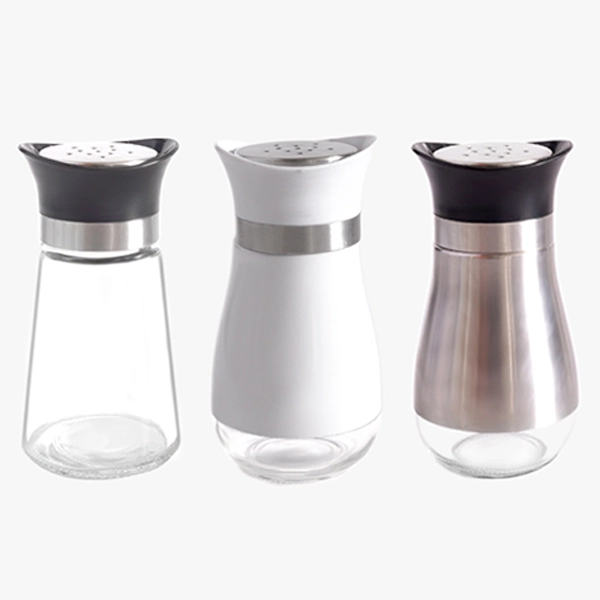
Part 1: Market Size and Growth
Cuba’s glass bottle industry is closely linked to its beverage sector, especially rum, beer, and soft drinks. With a long tradition in premium rum production, glass bottles are essential for maintaining brand identity and export quality. Tourism also drives demand, as hotels and resorts prefer premium glass packaging.
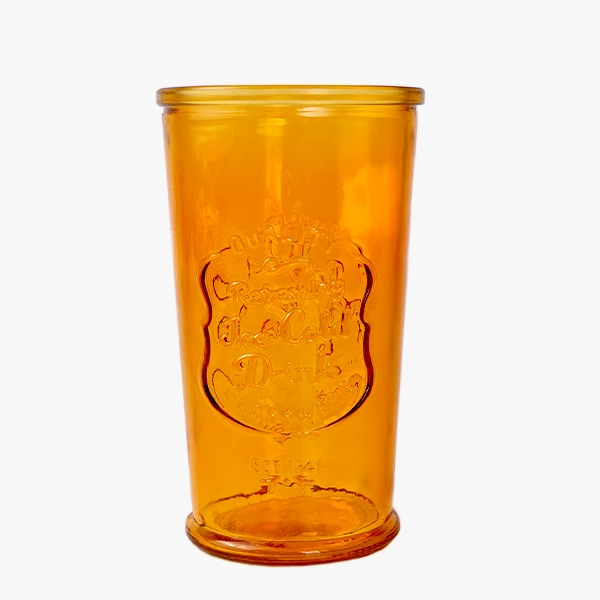
Most of Cuba’s glass bottles are produced locally, with some imports supplementing supply from Latin America and Europe. The domestic glass industry supports the country’s iconic beverage exports. This self-reliance helps maintain consistent packaging for international shipments.
Sustainability is a growing concern, and glass bottles fit Cuba’s eco-friendly policies. The country promotes reuse and recycling systems to extend bottle lifespans and reduce waste.
Part 2: Leading Companies
Vidrios y Cristales de Cuba (VIDRIOCUBA)
VIDRIOCUBA is Cuba’s primary glass manufacturer, producing bottles for the food, beverage, and pharmaceutical industries. Based in Havana, it has supplied the nation for decades.
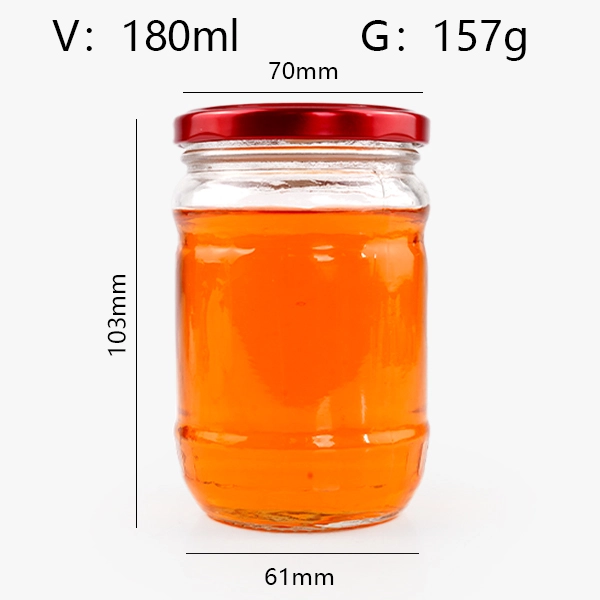
Its products include beer bottles, rum bottles, and jars for sauces and condiments. It serves both domestic producers and international exports.
The company operates recycling programs and emphasizes durability in production. It holds national certifications for quality and compliance with export standards.
Havana Club International
Havana Club International, a joint venture between Cuba Ron S.A. and Pernod Ricard, is one of the most famous Cuban rum producers. It relies exclusively on glass bottles for its iconic rum lines.
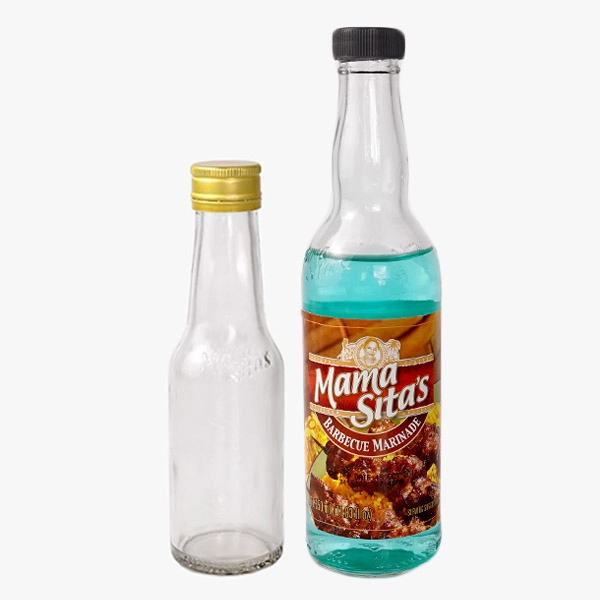
Its portfolio includes rum bottles of different sizes and premium packaging for international markets. Glass plays a vital role in maintaining Havana Club’s luxury image.
Havana Club works with local and international suppliers for customized bottles. It has earned global awards for branding, packaging design, and product quality.
Bucanero Brewery
Bucanero Brewery, founded in the 1980s in Holguín, is Cuba’s largest beer producer. It packages its brands, including Cristal and Bucanero, mainly in glass bottles.
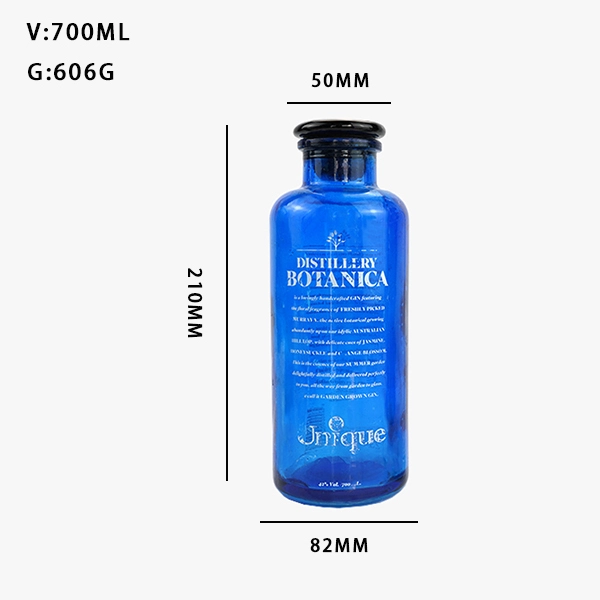
Its product line includes beer bottles for both local consumption and export to Latin American markets. Glass bottles support brand identity and consumer trust.
The company collaborates with VIDRIOCUBA for supply and maintains bottle reuse systems to reduce production costs.
| Company | Founded | Core Products | Industries | Certifications |
|---|---|---|---|---|
| VIDRIOCUBA | 20th century | Beer bottles, rum bottles, jars | Food & beverages, pharma | National Quality Certifications |
| Havana Club International | 1993 (joint venture) | Premium rum bottles | Spirits, exports | Global Packaging & Branding Awards |
| Bucanero Brewery | 1980s | Beer bottles | Breweries, beverages | Sustainability Recognition |
Part 3: Trade Shows and Industry Events
Feria Internacional de La Habana (FIHAV)
FIHAV is Cuba’s largest international trade fair, covering multiple industries including beverages and packaging. Glass bottle producers and beverage companies exhibit their products here. It is a major hub for international trade connections.
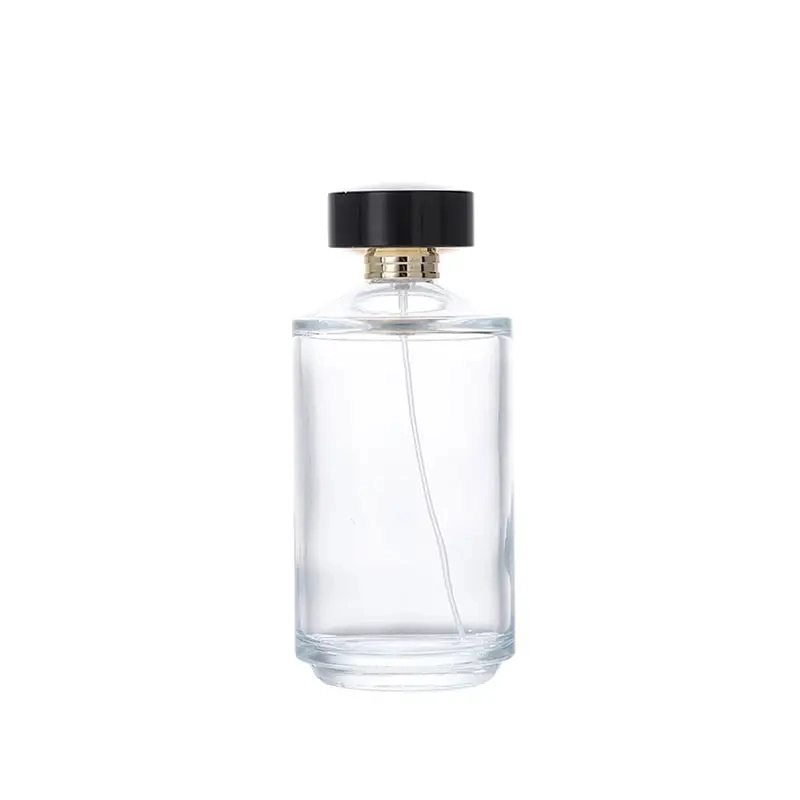
The fair is held annually in Havana and attracts exhibitors from more than 60 countries. Highlights include new beverage launches, packaging technologies, and sustainability forums.
Cuba Ron Festival
The Cuba Ron Festival celebrates Cuba’s rum industry, showcasing premium packaging and glass-bottled products. Producers highlight heritage, branding, and innovation in bottle design. It connects local distilleries with global buyers.
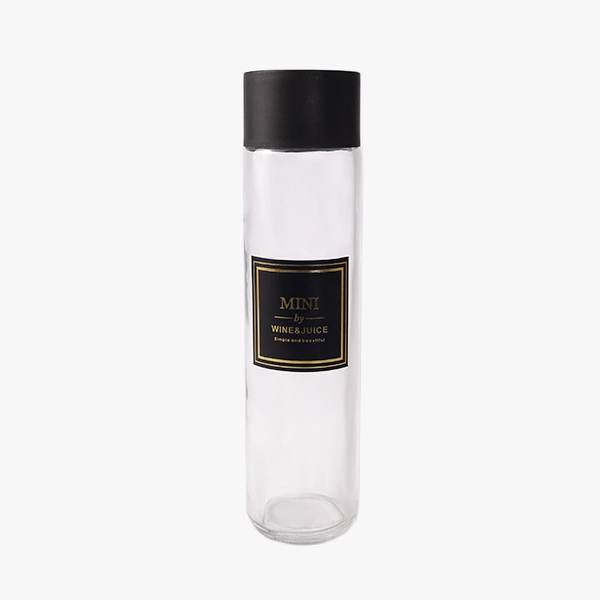
The event includes tastings, packaging exhibitions, and awards for bottle design. Highlights include heritage branding, eco-friendly packaging, and export promotion.
| Event | Date | Location | Highlights |
|---|---|---|---|
| Feria Internacional de La Habana (FIHAV) | Annual | Havana, Cuba | International packaging, sustainability |
| Cuba Ron Festival | Biennial | Havana, Cuba | Premium rum packaging, branding, export networking |
Part 4: Impact of Global Trade Policies
Cuba’s glass bottle industry is affected by international trade restrictions and embargoes. Access to raw materials and specialized equipment is limited, which impacts production efficiency. This creates challenges for maintaining consistent supply.
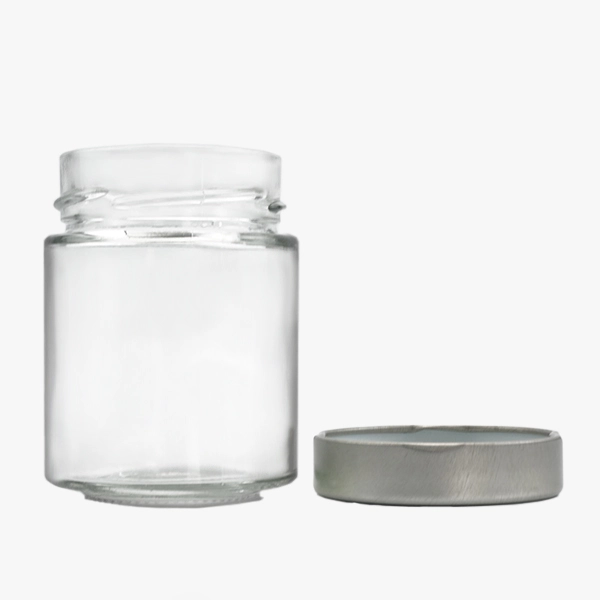
Partnerships with European and Latin American countries help Cuba secure glass bottle imports and technology. These partnerships reduce the risks created by global restrictions.
Global sustainability trends also influence Cuba’s rum and beer industries. Refillable and recyclable bottles remain central to production, ensuring alignment with eco-friendly international standards. This strengthens Cuba’s competitiveness in global export markets.
Part 5: Conclusion
Cuba’s glass bottle industry is anchored by VIDRIOCUBA, Havana Club, and Bucanero Brewery. The rum and beer sectors drive most of the demand, supported by tourism and exports.
Challenges include trade restrictions, limited access to materials, and reliance on outdated technology. The future of Cuba’s glass industry will depend on international partnerships, modernization, and sustainable innovation.
Recommended Reading:
- Glass Bottle Manufacturers in Croatia
- Glass Bottle Manufacturers in Costa Rica
- Glass Bottle Manufacturers in Comoros
- Glass Bottle Manufacturers in Chad
- Glass Bottle Manufacturers in Central African Republic
- Glass Bottle Manufacturers in Cape Verde
- Glass Bottle Manufacturers in Czechia
- Glass Bottle Manufacturers in Cameroon
Marasca Glass Bottles 100ml 250ml 500ml 750ml 1000ml
Glass Bottle Manufacturers in Sweden
790ml Customizable Cylindrical Glass Water Bottle with Black Plastic Cap
Glass Bottle Manufacturers in Tunisia

